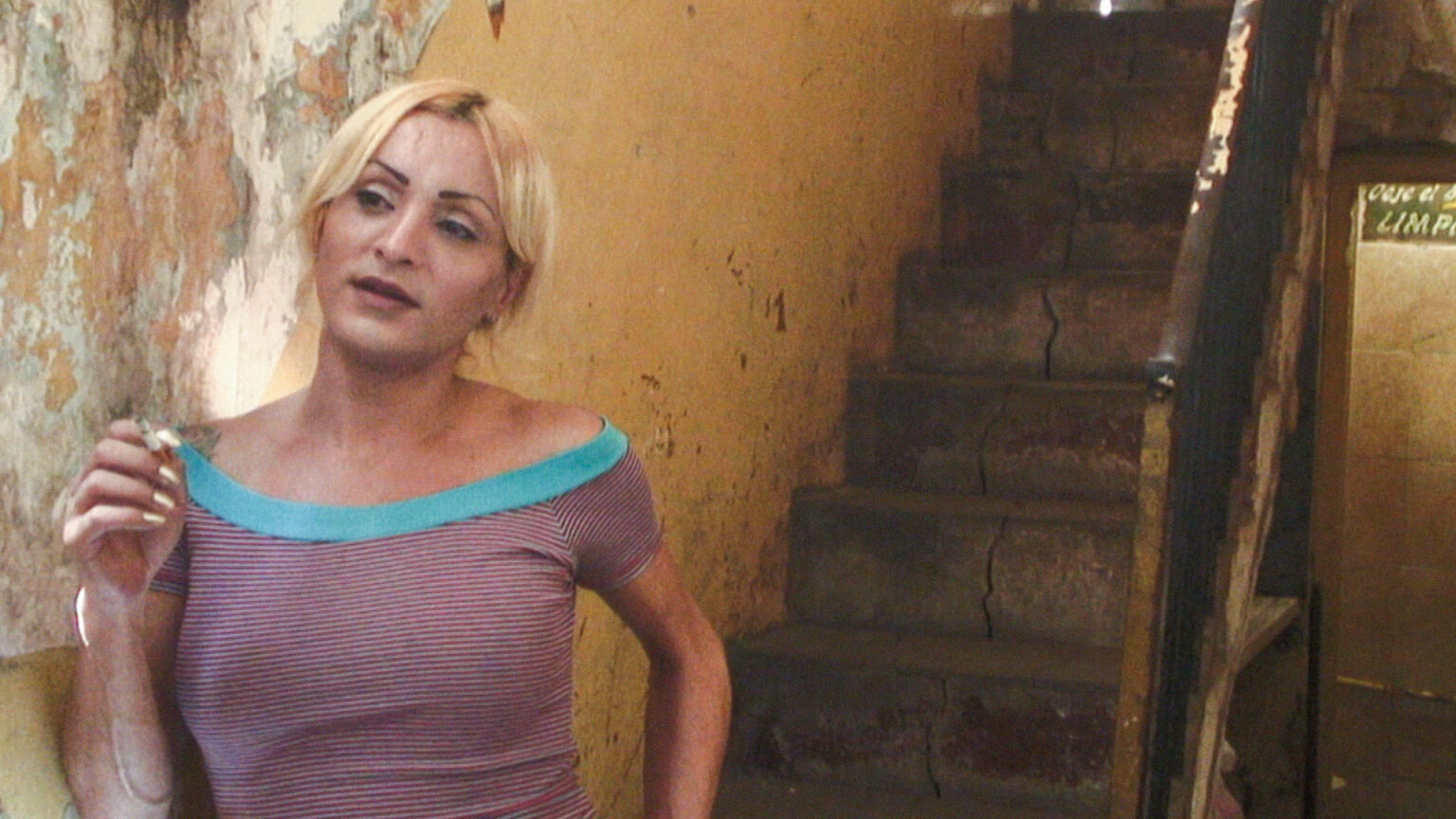Projector - Buenos Aires - Argentina
Celeste Onaindia, Andrea Guzmán, Diego Trerotola
Reading time: 2 minutes

26.01.2023
As part of our Projector section, the International LGBTIQ+ Film Festival Asterisco has made a selection of three short films from its latest edition.

The trans presence has been gaining ground on the Argentine and Latin American big screen, mainly through documentaries that portray different travesti and trans experiences in the region. For the most part, those who investigate these themes are filmmakers who are outside the industrial forms of production and who understand the documentary as a genre located on the margins of the most legitimized forms of filmmaking and circulation. Moreover, when documentaries use the short film format, the marginality in terms of hegemonic forms of production is even greater. Therefore, the use of short films is preferred in order to present with greater emancipation the values of a system that is oppressive with bodies, ways of life, sexualities and genders; but also repressive with social class and other intersections that are often framed or suppressed when addressing films with trans people or themes that really question the policies of exclusion and extermination.
In the Panamanian short Soy Sasha [I am Sasha] by Yineth López, as well as in the Argentinean shorts Una casa que no tiene techo [A house without a roof] by Celeste Onaindia and Todos Tipos Trans by Sabino Jerónimo Gazzaniga, marginal forms of production appear, but also portraits that evade the hegemonic forms of trans representations. With this, the differences that end up suspending the assimilation of the trans in culturally designed forms from cissexist perspectives and without a dialogue with the different territories to which each person belongs are exploded, avoiding that documentary model that disarticulates the social power of travestis and trans lives with spectacularization.
There is a tendency towards communal and intimate dialogue in each short film that creates a social dimension of trans experiences where the problems and expression of cissexism can be addressed in parallel with those of structural racism while merging the poetic forms of language with the need for the self-determination of bodies. All this is as important for Asterisco as it is for an LGBTIQ+ festival in terms of the multiplicity of the approach proposed by each short film as the search to leave national cinema to understand cinema in a more regional way, in dialogue with different territories and experiences in order to leave the pre-established maps. The audiovisual breaks those frontiers that make us live precarious lives.
Text by Andrea Guzmán y Diego Trerotola.
A house without a roof
Director: Celeste Onaindia
Screenplay: Laura Zanotti, Maite Amaya, Celeste Onaindia
Cinematography: German Lombardi.
Sound: Atilio Sanchez.
Editing: Laura Zanotti.
Cast: Maite Amaya, Marlene Wayar, Aime, Maxi, Coco Contreras.
Country: Argentina
Length: 11:24 minutes.
Una casa que no tiene techo is a documentary essay that recovers personal records of the director with the activist Maite Amaya. In a political and affective gesture, as a tribute and also as a search for strategies to deal with grief, the film explores fragments of past encounters with the intention of reflecting on our realities and the changes that have impacted the lives of transvestites and sexual dissidences 12 years later.
Comments
There are no coments available.